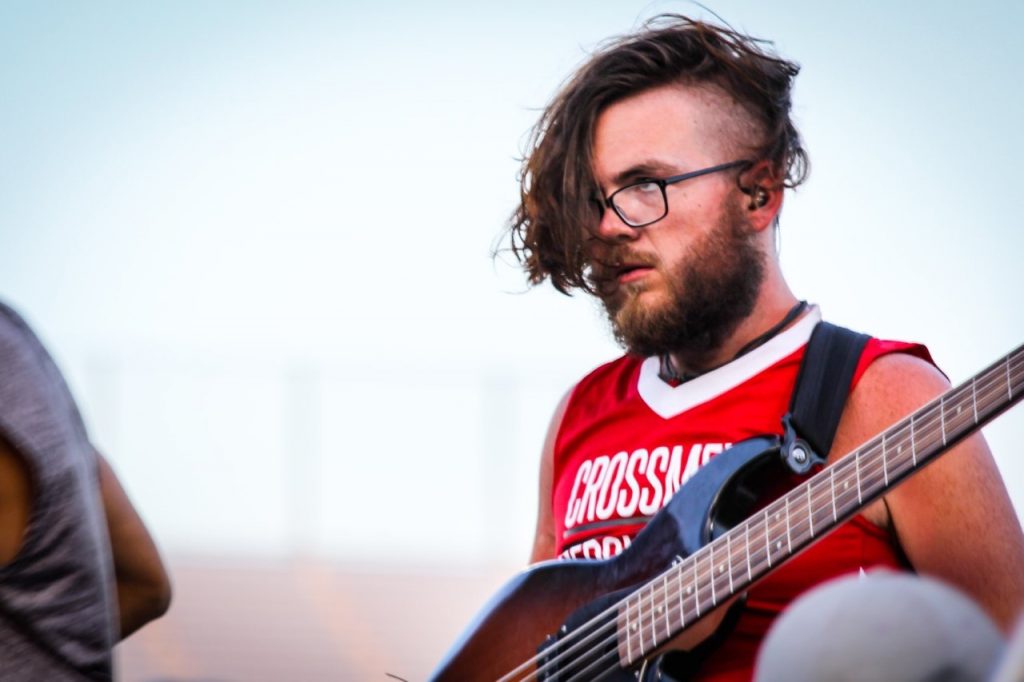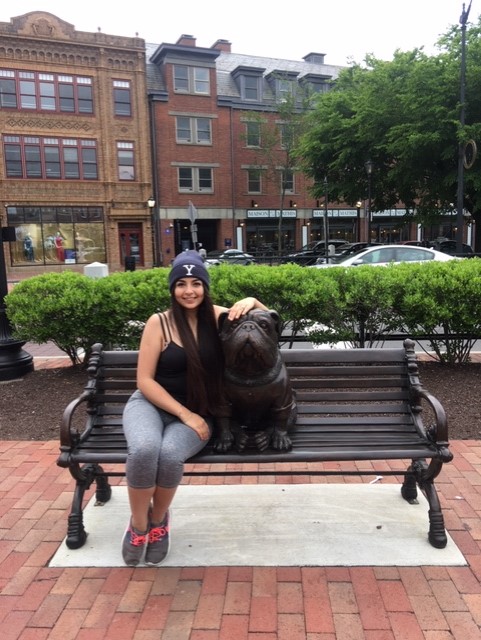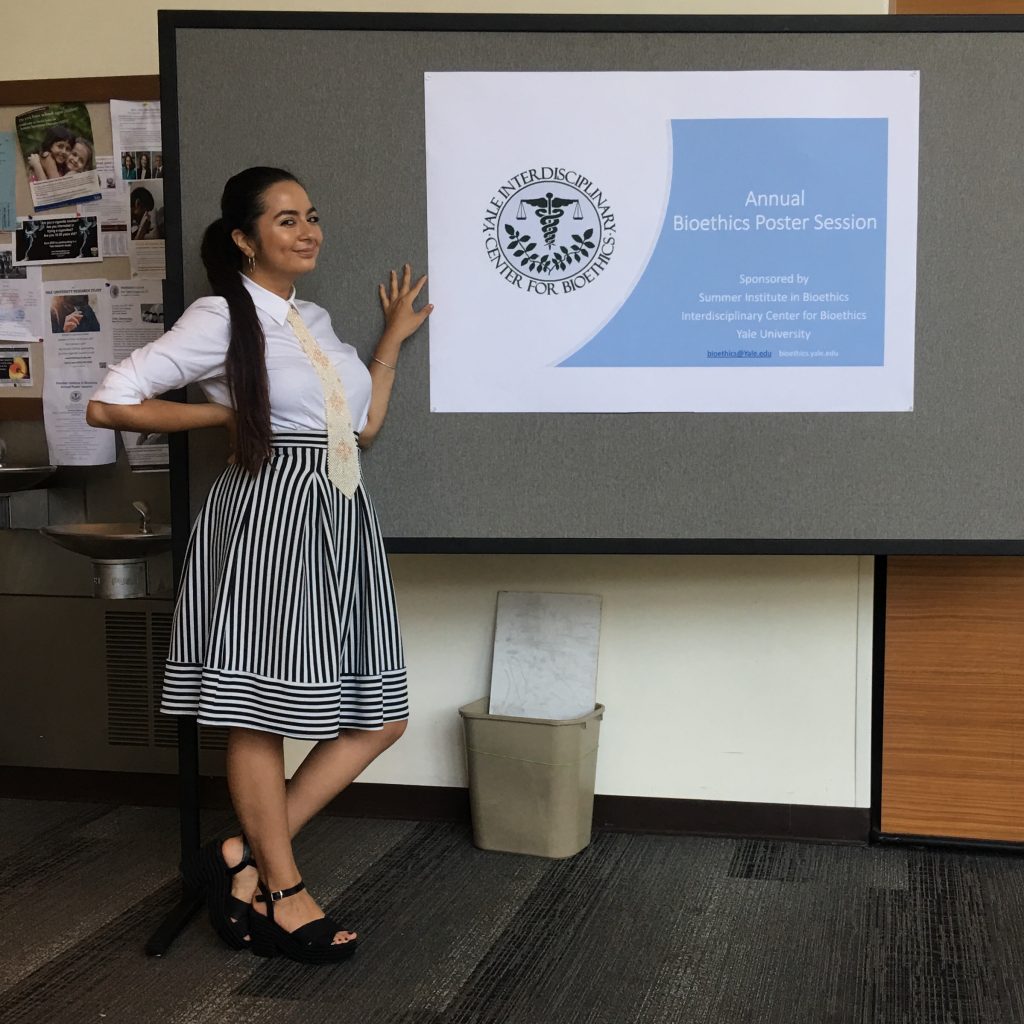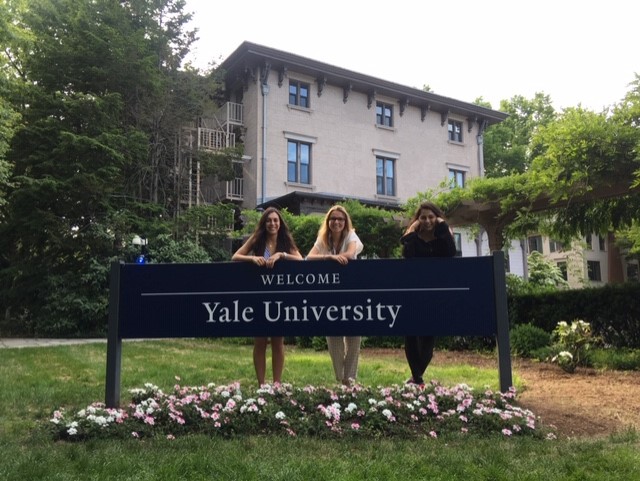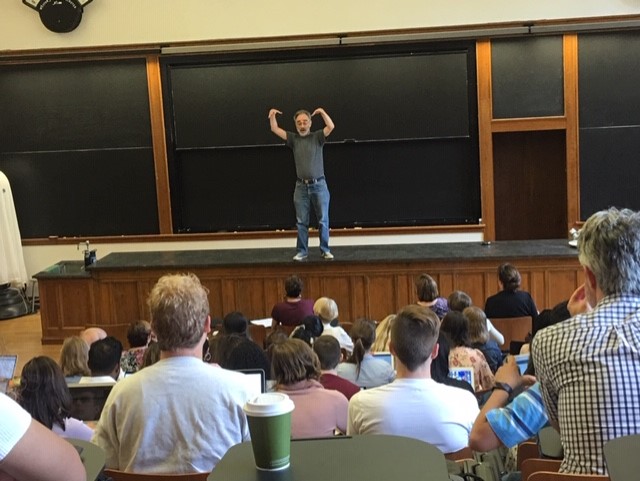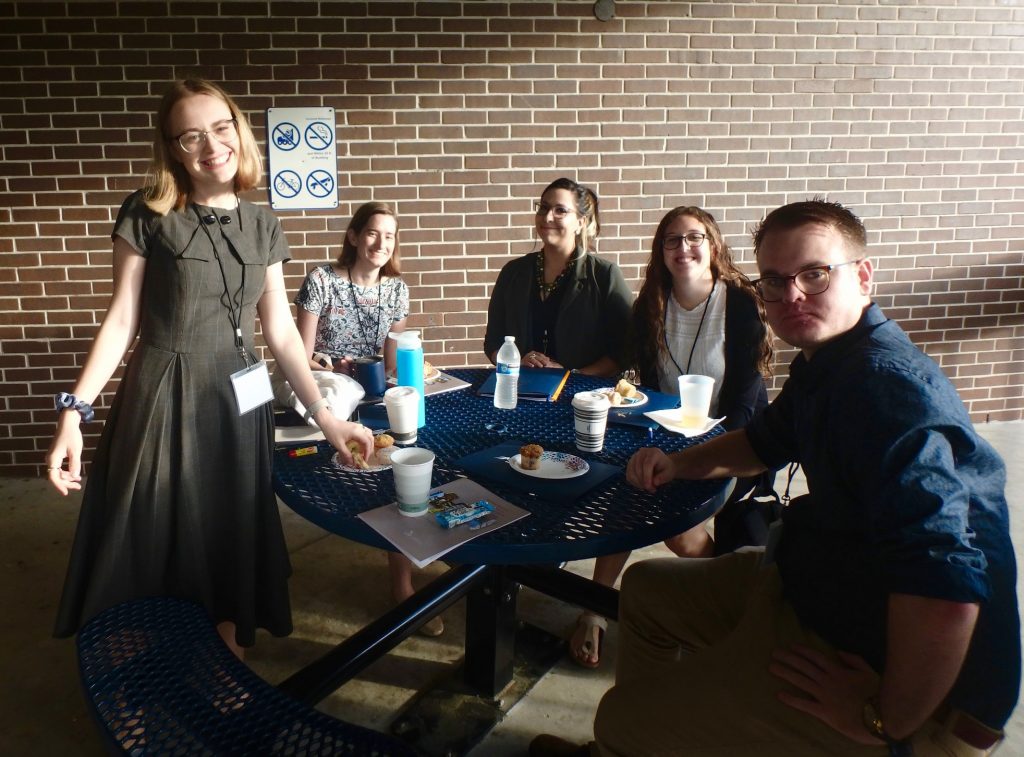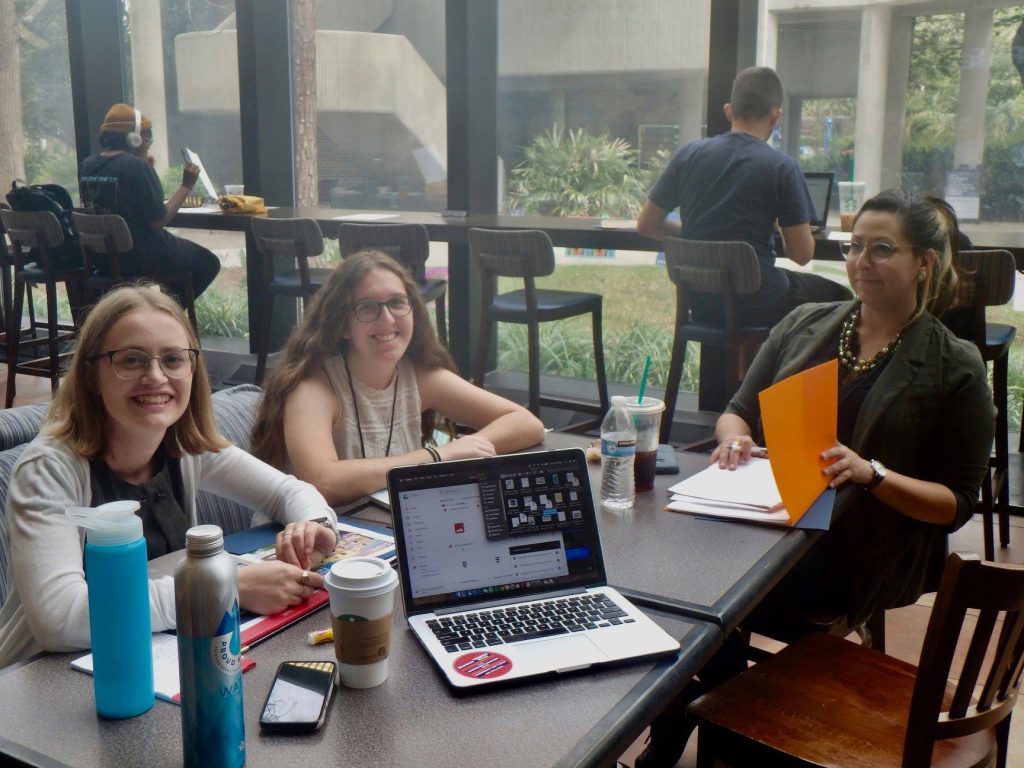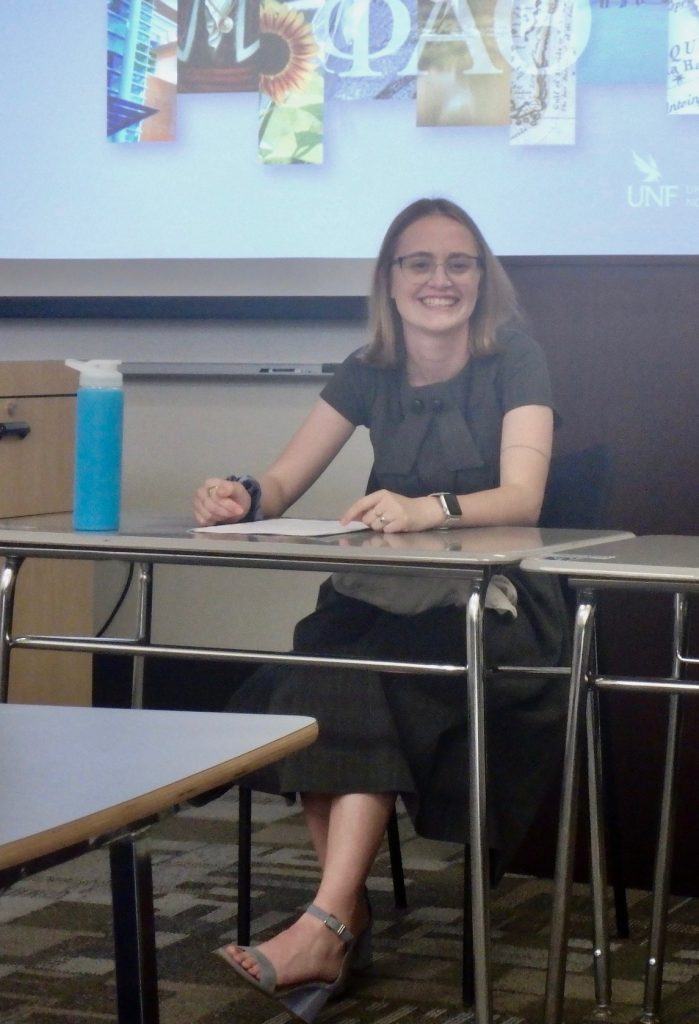My palms are sweating, and my stomach feels like it’s about to implode upon itself. I quietly slip outside to pace back and forth and take long deep gasps of air. I had my very first anxiety attack. I had arrived at this conference in Alabama, ready to sit amongst my peers, and have a meaningful discourse about literature that captivated me in previous semesters. While sitting in on panels from other 18th-century British women writers, I had begun to second guess the quality of introspection my paper showed. Compared to the incredible talent I had just witnessed; I wasn’t sure I was ready for this level of academic discourse. Fortunately, my previous professor had arrived after the first day, and we had an impactful heart to heart. Sitting on the step outside the front of The Hotel at Auburn University, he said, “Dom, some of these people have Ph.D.’s, and some of them are college sophomores.” He assured me everyone comes here with ideas. The aim is to collectively engage in discourse that will help each of us; think more profound, or think more significant, or spark the ideas that haven’t come yet. He admitted that although he seems in his element in the classroom, reading his personal works in front of his peers sometimes gives him butterflies; even this far into his professional career. I realized there is a healthy amount of fear necessary in any personal growth, and I found comfort in that.

My panel consisted of, a high school principal going back for her Ph.D. and a doctoral graduate student from another University who presented part of her dissertation. We all discussed different aspects of Emily Brontë’s novel, Wuthering Heights. Although I have read that novel what feels like a million times over, I was still equally engaged in each of the varying perspectives of the other panelists. I was still learning new ways to read and interpret this piece of literature. When it came time for me to read my paper, I noticed a pit developing in my stomach. As I looked at the audience, and over to the other panelists, I remember previous conversations with many of them. Some of them I spoke with at previous sessions, and others at the dinner the night before. Everyone at my table had a unique story that brought them here, not like mine but equally as impactful. That background formed the person they are and the perspective that I just got the privilege of understanding. I understood that my view may be a valuable addition to some discourse, and at worst, I’d get some feedback to take with me and learn from. After the Q&A session, where my professor sat tall in the back row, smiling from ear to ear as I answered the questions from my peers in the audience, I also smiled at my newest accomplishment. I was terrified at one point, but I prepared as well as I could, and I will take what I learned and do that much better next time. Because surviving my first conference has only given me the courage to try again next year. The experience has been one of great reflection and growth both academically and personally. I can’t emphasize enough that I wouldn’t have been able to pull the funds together to attend if not for the generous SHIP grant, I received from Rollins College.








